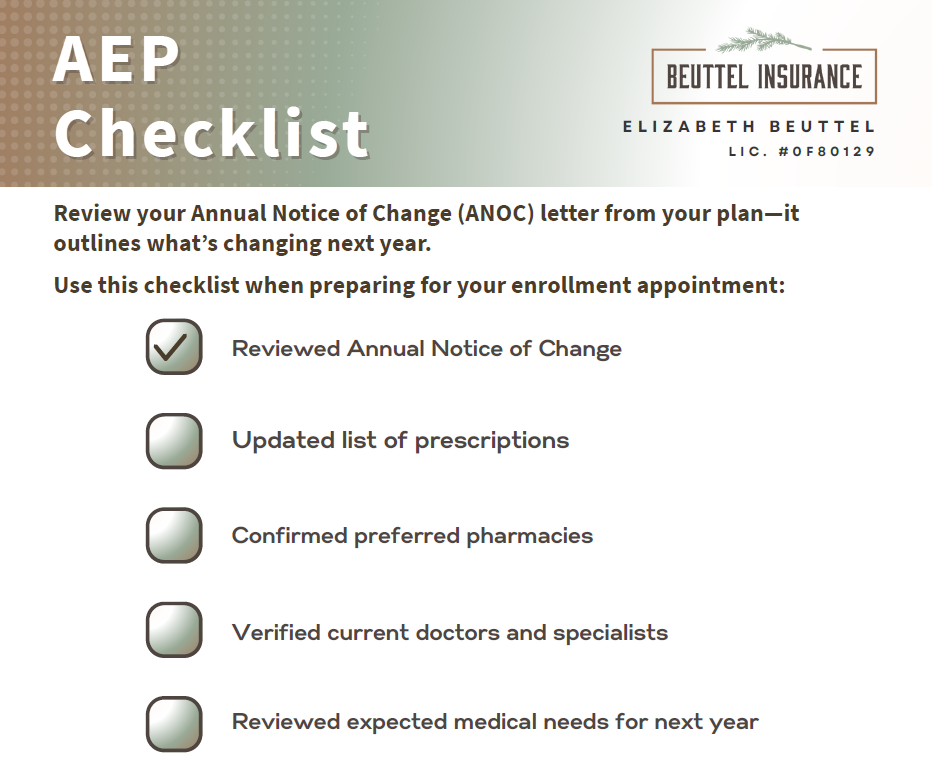Men’s Health Spotlight: How Medicare Can Help You Manage Gout


As someone who works with seniors every day, I’ve supported many male clients dealing with gout—a common and often painful condition that can significantly impact quality of life. With June being Men’s Health Month, I felt it was the right time to help educate men on how Medicare can support the diagnosis, treatment, and ongoing management of gout.
What is Gout and What Causes It?
Gout is a common form of inflammatory arthritis that causes sudden, severe joint pain—usually in the big toe, but it can affect other joints like the ankles, knees, elbows, or fingers. The pain can strike at night and linger for days, sometimes even weeks.
Gout occurs when there’s too much uric acid in the blood, which forms sharp crystals in the joints. This buildup is often linked to:
- Diets high in red meat, seafood, and alcohol
- Obesity or poor kidney function
- Certain medications like diuretics or aspirin
- Conditions like high blood pressure, diabetes, or heart disease
Men are more likely than women to develop gout, and the risk increases with age—making it especially relevant for the Medicare population.
Common Symptoms of Gout
Gout attacks can come on suddenly and may include:
- Intense joint pain (often in the big toe)
- Swelling and redness
- Warmth and tenderness in the joint
- Limited range of motion during flare-ups
It’s important not to ignore these symptoms, especially if they occur more than once. Early diagnosis can help prevent long-term joint damage and improve quality of life.
How Can Medicare Help?
Medicare can play a key role in managing gout effectively:
 Doctor Visits
Doctor Visits
Medicare Part B covers visits to your primary care doctor or a specialist (like a rheumatologist) to diagnose and manage gout.
 Lab Work
Lab Work
Part B also covers diagnostic tests, like bloodwork to check uric acid levels and kidney function.
 Prescription Medications
Prescription Medications
Part D (or Medicare Advantage plans that include drug coverage) can help cover medications used to treat gout, such as:
- Colchicine
(for flare-ups)
- Allopurinol or Febuxostat
(to lower uric acid levels)
 Preventive Care
Preventive Care
Medicare covers an annual wellness visit
where you can discuss symptoms, risks, and lifestyle changes with your doctor.
Managing Gout at Home
Aside from medical treatment, lifestyle changes can go a long way in managing gout:
- Stay hydrated
- Limit alcohol, red meat, and high-purine foods (like shellfish and organ meats)
- Maintain a healthy weight
- Keep chronic conditions like high blood pressure under control
Final Thoughts …
Gout is painful—but it’s also very manageable with the right plan and support. If you’re experiencing joint pain or have been diagnosed with gout, don’t wait to get help. Medicare offers several benefits that can support you in managing this condition and preventing complications down the road.
If you have questions about your Medicare coverage or which plans offer the best support for your health needs, I’m here to help.
 Call us at 530-303-3366
or schedule
a free consultation with us.
Call us at 530-303-3366
or schedule
a free consultation with us.
Let’s make sure you’re not just covered—but cared for.

The post Men’s Health Spotlight: How Medicare Can Help You Manage Gout appeared first on Beuttel Insurance.









